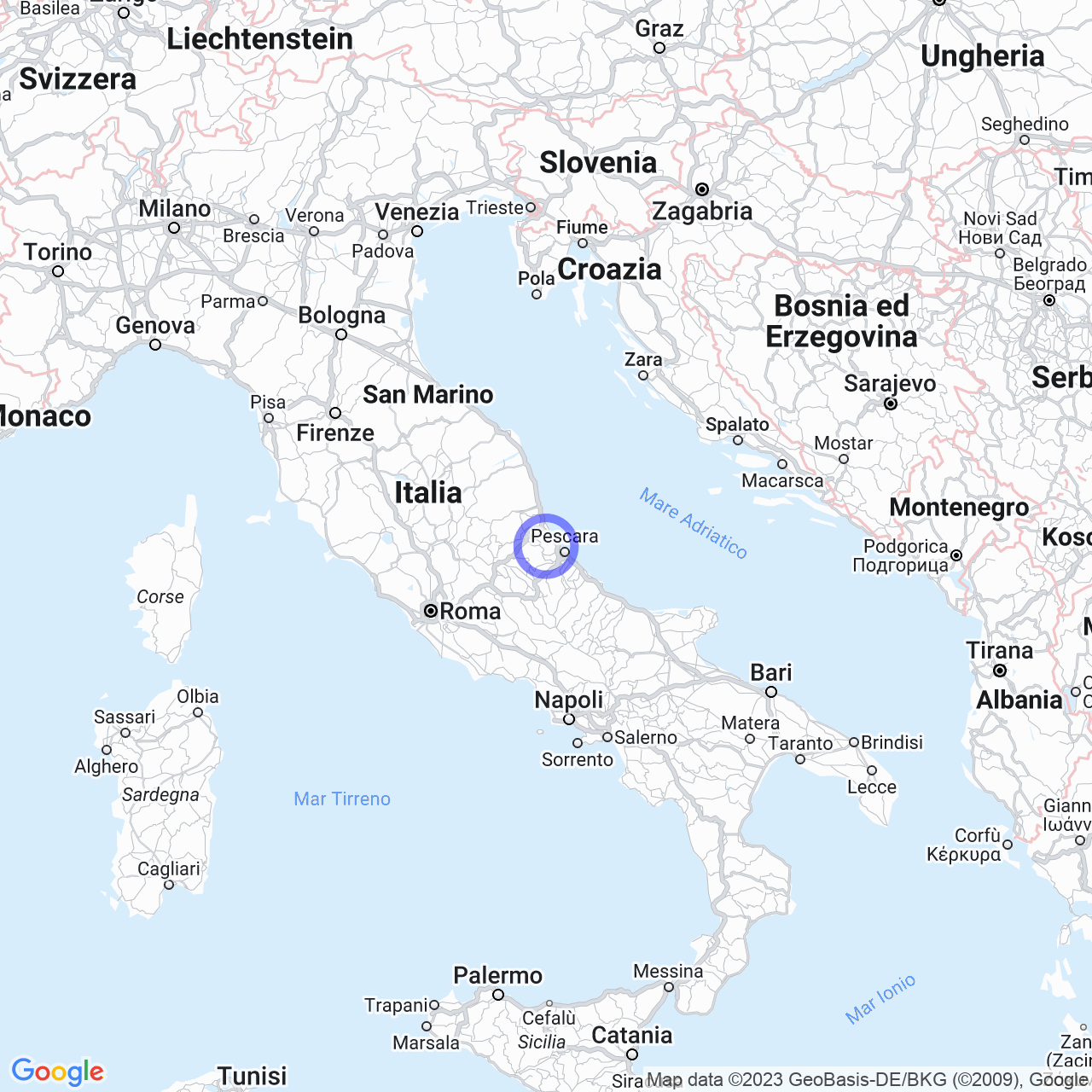Elice
Elice: a municipality in the heart of Abruzzo
Elice is a small municipality located in the province of Pescara, in northern Abruzzo. With a population of just over 1600 inhabitants, Elice is located on a hilltop along the Fino valley, in the Vestina area. The name of the town derives from "ilex", "ilicis", or "Quercus ilex", "holm oak", referring to the holm oaks that once covered the hills of the area.
Physical geography
Elice extends on the top of a hill that overlooks the Fino valley and borders with other municipalities in the province of Pescara, such as Città Sant'Angelo, Collecorvino, Picciano, Penne, and with two municipalities in the province of Teramo, Castilenti and Atri.

History
The first written records of Elice date back to the 11th century, when the Benedictine monastery of S. Maria di Picciano had, by donation of Bernardo di Penne, a cell called S. Martino "in the castle of Ilice subject". In 1059 the Lombard brothers Tezzone and Adelberto, sons of Berteramo, donated the "pertinence of Ailice" to the Monastery of Santa Maria di Picciano.
The castle, which in 1168 had 264 inhabitants, was held by the knight Guillelmo di Camarda and was confirmed on June 16, 1176 by the Pope and on March 1, 1195 by the Emperor Henry VI of Swabia. Throughout the centuries Elice was a feud of several noble families, including the Castiglione, who held Elice as a fiefdom until 1806, when the laws revoking feudalism were passed.
Monuments and places of interest
Despite its small size, Elice boasts several monuments of historical and cultural interest. Among these, the medieval church of San Martino stands out, built before the 12th century, mentioned in a document from 1109 in which the Norman count Guglielmo of Tassone made an exchange of goods with the Monastery of Santa Maria di Picciano. The church was restored in the 18th century and is one of the cultural landmarks of the town.
The economy of the town
Elice was home to a renowned leather tannery, founded in 1819 by Tommasantonio Impacciatore, which extended its trade to Dalmatia. Later, Pietro Baroni, who was mayor of Elice until his death in 1893, established a factory of terracotta and ceramics in the premises of the castle. Today, the economy of the town is mainly based on agriculture, with the cultivation of olive groves and vineyards, and on tourism, thanks to the beauty of the landscape and the presence of monuments and places of interest.
Conclusions
Elice is a small municipality that overlooks the Fino valley, in the heart of northern Abruzzo. Despite its small size, the town has an ancient history and a cultural heritage that make it a place of tourist interest. Thanks to the presence of the medieval church of San Martino and the beauty of the surrounding landscape, Elice is an ideal destination for nature and history lovers.
